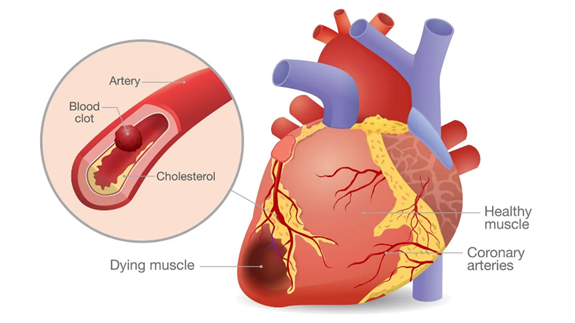A nurse has described the behavioral health unit being based on milieu therapy to a client. The client asks, "How is a unit that has milieu therapy different from other hospital units?" Which of the following responses should the nurse make?
A mental health unit, which includes milieu therapy, is focused on stabilizing clients who are in an acute phase of mental illness.
A mental health unit, which includes milieu therapy, is less intensive, focusing only on one psychiatric illness or substance abuse disorder.
A mental health unit, which includes milieu therapy, ensures every aspect of care is intentionally focused on creating a safe and therapeutic environment.
A mental health unit, which includes milieu therapy, is focused on long-term care of clients who have specific mental health disorders.
The Correct Answer is C
Choice A reason:
While a mental health unit that includes milieu therapy may focus on stabilizing clients, it is not limited to those in an acute phase of mental illness. Milieu therapy is a comprehensive approach that can benefit individuals at various stages of their treatment.
Choice B reason:
Milieu therapy is not necessarily less intensive nor does it focus solely on one psychiatric illness or substance abuse disorder. It is a versatile treatment method that can be applied to a range of conditions and is integrated into the daily life of the unit.
Choice C reason:
This choice accurately reflects the essence of milieu therapy. It is a therapeutic approach where the environment is used as an integral part of treatment. The goal is to create a stable, adaptive reality through routines, boundaries, and open communication, fostering a sense of safety and support for therapeutic change.
Choice D reason:
Milieu therapy is not exclusively focused on long-term care but is adaptable to the needs of clients, whether they require short-term stabilization or long-term treatment. It is designed to help individuals learn healthier ways of thinking and behaving within a supportive community setting.
Nursing Test Bank
Naxlex Comprehensive Predictor Exams
Related Questions
Correct Answer is D
Explanation
Choice A reason:
Providing reading material about the surgery can be informative, but it may not be the best approach for someone who is already very nervous. It could potentially increase anxiety if the information is overwhelming or if the client misinterprets the material.
Choice B reason:
Suggesting a walk could serve as a distraction and help to calm the client's nerves. However, it might not address the underlying anxiety about the surgery itself. It's a temporary measure that doesn't offer emotional support or address the client's immediate concerns.
Choice C reason:
Referring the client to the pastoral care team could be beneficial if the client is seeking spiritual support or comfort. However, this should be based on the client's personal preferences and beliefs, and it may not be the most direct way to address the client's stated nervousness.
Choice D reason:
Engaging the client in a conversation about their feelings provides an opportunity for emotional support and can help the nurse understand the client's specific fears. This approach can lead to a more personalized care plan to alleviate anxiety.
Correct Answer is C
Explanation
Choice A Reason:
While suggesting the client discuss their concerns with their physician is a valid response, it may not provide the immediate emotional support the client is seeking. It's important for the nurse to address the client's current anxiety and provide reassurance before referring them to their physician.
Choice B Reason:
This response dismisses the client's fears and may come across as insensitive. It's crucial to acknowledge the client's emotions and provide a supportive environment where they feel heard and understood.
Choice C Reason:
Encouraging the client to express their fears allows the nurse to provide emotional support and helps in understanding the client's perspective. This approach fosters a therapeutic relationship and can help alleviate the client's anxiety.
Choice D Reason:
While recommending lifestyle changes is beneficial for overall health, this response does not address the client's immediate emotional needs. The nurse should first provide support for the client's expressed fears before discussing lifestyle modifications.

Whether you are a student looking to ace your exams or a practicing nurse seeking to enhance your expertise , our nursing education contents will empower you with the confidence and competence to make a difference in the lives of patients and become a respected leader in the healthcare field.
Visit Naxlex, invest in your future and unlock endless possibilities with our unparalleled nursing education contents today
Report Wrong Answer on the Current Question
Do you disagree with the answer? If yes, what is your expected answer? Explain.
Kindly be descriptive with the issue you are facing.
